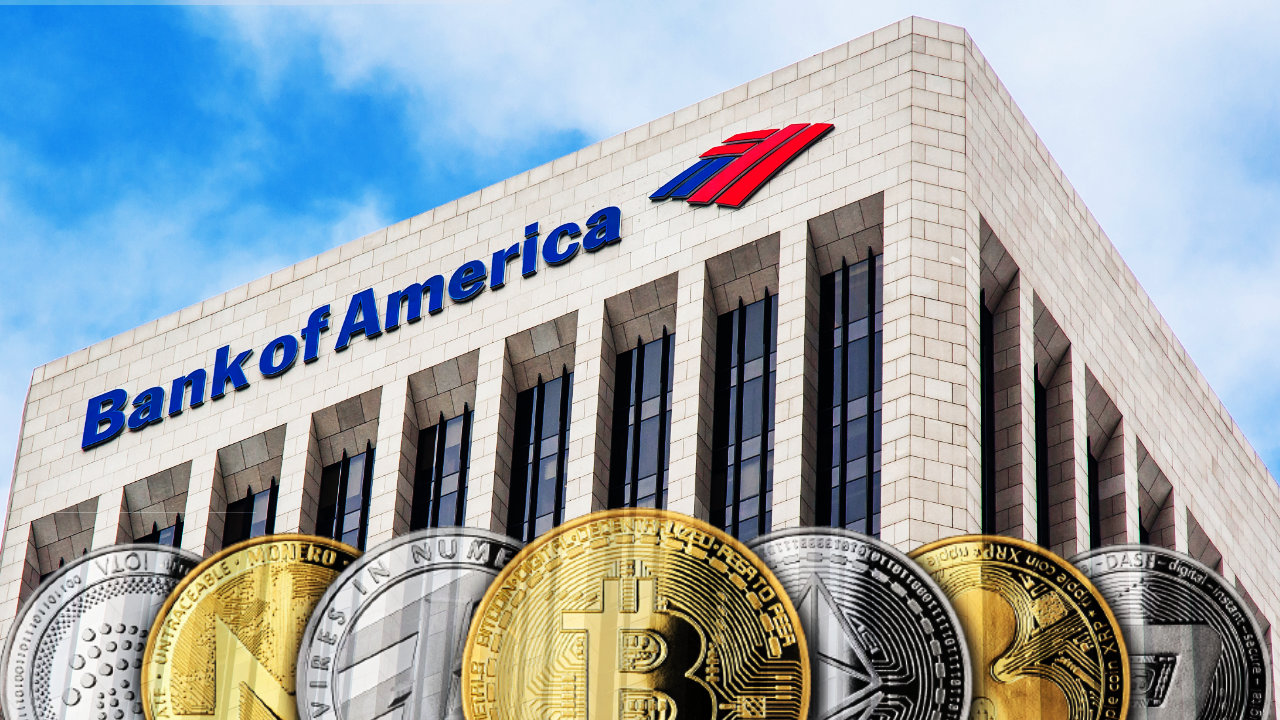Cryptocurrencies and the Slow Road to Adoption in Retail Payments
While cryptocurrency has gained traction over the past few years, its usage in retail payments remains modest, accounting for only 3% of total payments across various countries from 2021 through 2023, according to insights from Deutsche Bank Research. This limited adoption speaks volumes about the challenges cryptocurrency faces in becoming a mainstream payment method.
The Rise of Cross-Border Transfers
In contrast to its retail struggles, cryptocurrencies are finding favor as a tool for cross-border transfers, particularly with the increased use of stablecoins. These digital currencies, which are pegged to traditional government-issued currencies, present a more stable option for moving money internationally. Companies and individuals are exploring these options for their ability to facilitate quicker transactions with fewer fees, although they still navigate a landscape marred by regulatory hurdles.
Exploring the trends in cryptocurrency adoption.
However, the absence of a cohesive regulatory environment continues to hold back broader acceptance. Major banks are wary of fully integrating cryptocurrency technologies into their operations without clearer guidelines.
Institutional Hesitance
Take Wells Fargo, for example. The bank’s head of distributed ledger and digital assets, Arushi Joshi, indicated that although they are evaluating crypto for its potential in transactional and transparency innovations, there are significant roadblocks. “Before we get significantly involved, we need to see a clear, cohesive regulatory framework defining cryptocurrencies as financial instruments,” Joshi stated, emphasizing the crucial need for regulation in fostering confidence among financial institutions.
Currently, the United States lacks uniform licensing standards for cryptocurrency exchanges, which must secure money transmitter licenses in each state where they operate. Unlike the European Union, which has established an electronic money institution licensing regime, the U.S. continues to fragment its approach. The strictest regulations are found in New York, where the BitLicense framework governs the activities of crypto businesses.
Promising Potentials
Despite these barriers, the potential benefits of cryptocurrency are compelling banks to explore the possibilities. Keith Raymond, a principal analyst at Celent, noted, “Banks are cracking open the door to the benefits that cryptocurrencies could bring to the industry.” With applications such as payment processing, escrow services, international cash transfers, and crypto-backed loans being investigated, the interest is certainly there.
The intersection of banking and cryptocurrency.
However, the caution shared by many institutions remains due to volatility and the evolving nature of the crypto market. The rapid price fluctuations of cryptocurrencies can deter banks from fully committing to crypto technology as a stable solution for transactional purposes.
Navigating Regulatory Challenges
As the industry stands, the need for a defined regulatory framework cannot be overstated. Regulatory concerns pose significant challenges to the potential expansion of cryptocurrency as a mainstream financial resource. Banks and financial institutions are likely to proceed with caution in a landscape characterized by uncertainty.
In conclusion, while cryptocurrencies have undeniable potential, especially for cross-border transfers, the slow adoption within retail payments underscores the need for regulatory clarity. The future will require cooperative efforts between regulators and financial institutions to harness the advantages cryptocurrency offers while ensuring stability and trust in this rapidly evolving realm.
The future landscape of finance and cryptocurrency.


 Photo by
Photo by 











